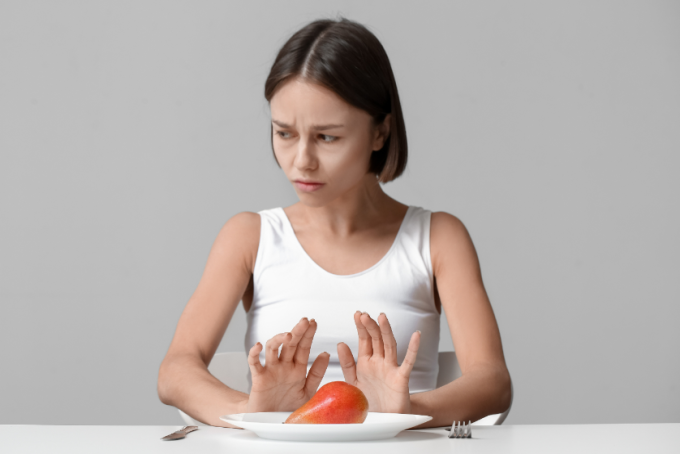How to Cope with Emotional Eating Disorder?
- 01 Jan 2023
- 0 Comments
- General
Emotional eating disorder is defined as a tendency to food intake due to feelings felt without any feeling of hunger. Therefore, it causes you to feel the desire to eat more intensely when you are under extreme stress or when you are sad.
What is Emotional Hunger?
Emotional hunger is a hunger that appears suddenly in the face of just one emotion without showing any physical symptoms and sometimes arises from emotions that you can't even notice. However, when emotional hunger turns into constant eating behavior, it is called emotional eating disorder.
What is Emotional Eating Disorder?
Emotional eating was first associated with eating disorders such as Bulimia Nervosa. However, it has been observed that it may also be associated with binge eating disorder.
Emotional eating; Although it is mostly associated with situations such as anger, depressive feelings and stress, it can also occur from time to time in the face of positive emotions. Therefore, it is not the case that only negative emotions cause you to eat emotionally.
As a result of the studies carried out; It has been observed that people who have difficulty in recognizing and managing their emotions, in particular, cope with their emotions by using emotional eating.
What is the Relationship Between Eating Disorders and Emotional Eating?
Demonstrating eating behavior in response to emerging emotions; It is strongly associated with the presence of different eating disorders such as binge eating disorder and bulimia nervosa, as well as obese individuals. In addition, emotional eating has been found to be associated with binge eating disorder.
In both cases, there is a lack of control over eating. Here is the situation that makes the difference; Emotional eating is the state of trying to provide control in relation to emotions.
Why Does It Originate?
This eating disorder occurs due to individual, emotional and psychological reasons. The specific reasons for the emergence of emotional eating behavior are as follows:
- Obesity / High Body Mass Index
- Traumas caused by natural disasters
- Modeling the parent
- Boredom
- Anger
- Stress
- Depression
- menstrual cycle
- Happiness
What are Theories Explaining Emotional Eating Behavior?
In a normal situation, the negative emotions experienced produce symptoms similar to the feeling of satiety. However, individuals with emotional eating disorder feel hungry in adverse situations and tend to eat. Some theories and theories have been developed to explain this adverse effect.
The main theories explaining emotional eating behavior are as follows:
- Escape Theory
- Psychosomatic Theory
- Constraint Theory
- Extrinsic Theory
- Obesity Theory
How Can I Cope With Emotional Eating?
Adequate and regular nutrition is very important for a healthy physical and mental health. However, with emotional eating disorder, there is a serious imbalance and uncontrolled food intake. Uncontrolled and rapid weight gain in individuals is an unhealthy and risky situation.
In this sense, if you first catch your eye on food when you encounter a negative emotion in your daily life and as a result, you are in uncontrolled emotional eating behaviors, it is very important to gain awareness about this situation in order to prevent emotional eating. Because, with early awareness and detection of emotional eating behavior, unbalanced eating behavior can be prevented.
Tips for Coping with Emotional Eating Disorder
To cope with emotional eating disorder, you can consider the following suggestions:
- Practice mindful eating.
- Review your eating habits.
- Explore the relationship between your emotions and food.
- Notice what emotions you feel the need to eat.
- Consult a specialist if you cannot take precautions.
Emotional eating can be shaped by many individual and situational differences. It can also increase in severity at certain times. In this case, it is very important to plan a personalized treatment supported by professionals.











